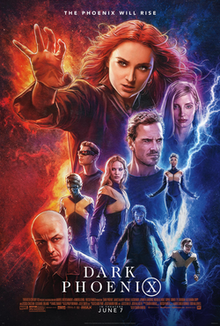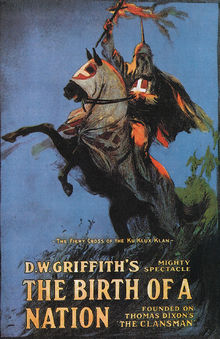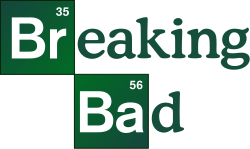
Men in Black: International is the fourth and (sort of reboot) of Sony Picture Releasing’s science-fiction franchise. Probationer Agent M (Tessa Thompson) is sent to the London branch for her first assignment, where she is paired up with the legendary Agent H (Chris Hemsworth). Their mission takes them across the globe, and it becomes clear that there is not just an intergalactic threat to Earth that these must deal with, but also that the London branch has been infiltrated.
CONS
- An appalling screenplay which is very convoluted with no real sense of stakes, a lot of poorly realised new characters and no funny jokes. Speaking of the jokes, there is an entire scene which makes jokes at the expense of suicide and, later, there is a very subtle joke about sexual assault. These are never topics to joke about in a film, let alone in one which children can (and will) watch in cinemas.
- The narrative is a real bore to watch, not just because it is unfunny, but because there is no energy to it. The film feels so dragged out and the cast (bar one exception) have no energy or enthusiasm, made even more obvious by the lack of chemistry between Chris Hemsworth and Tessa Thompson.
- While the poor pacing could easily be attributed to F. Gary Gray’s direction, it feels so disjointed that you cannot help but wonder if this film was a victim of studio interference, a la Fantastic Four.
- An altogether appalling cast, with Tessa Thompson coming across as quite bored, while Rafe Spall, Rebecca Ferguson and Laurent and Larry Bourgeois being just four of the cast members to give wooden turns (the former two also being quite cringy to watch as well).
PROS
- Chris Hemsworth is actually rather charismatic as H, despite the appalling dialogue and narrative.
VERDICT: 1/10









